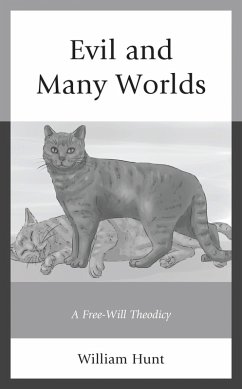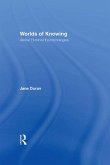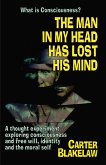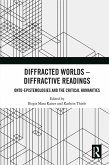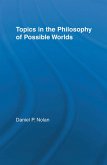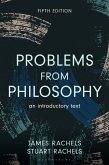In Evil and Many Worlds: A Free-Will Theodicy, William Hunt presents a unique approach to explaining how God and evil can coexist despite the abundance of moral and natural evils blighting our world, which imply that an omnibenevolent God is unlikely to exist. This theodicy is based upon Huw Everett III's many-worlds interpretation of quantum mechanics, whereby reality is not what it intuitively seems; instead, it is a multiverse comprising a vast number of universes, and we simultaneously exist in many of them. This multiplicity of existence results in a balance of moral good and evil across the multiverse, and through this, the expression of free will-an attribute valued by both persons and God- flourishes. The theodicy explains the coexistence of God and natural evil through the necessity of an evolutionary process that ensures the emergence of free-willed persons. Notwithstanding this universal perspective of Creation, a resurrection possibility would mitigate individual suffering resulting from this divine holistic strategy. Hunt examines this possibility in light of the many-worlds interpretation.
Bitte wählen Sie Ihr Anliegen aus.
Rechnungen
Retourenschein anfordern
Bestellstatus
Storno

